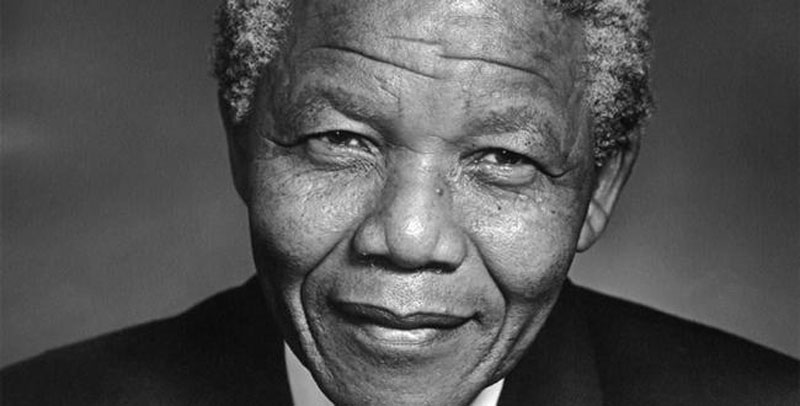

Nelson Mandela's death took many pages of newspapers around the world and many minutes of television channels. We have seen that the cynicism and hypocrisy of many politicians and governments has been appalling, because they have sought to appropriate their image with the opposite of that of Mandela. Like it was one of them. And Mandela wasn't one of them. He was an activist for equality and against apartheid, so he was sentenced to several years in prison. Mandela opposed South African apartheid. We have ours in Euskal Herria and we have to fight it.
Our particular apartheid, this inequality and social exclusion, has many faces. There are 3,000 people who do not have a home to sleep in Euskal Herria – in 2013 in Bizkaia six people died when they were homeless in the street. More than 203,000 unemployed. Youth unemployment has exceeded CAV GDP by 42%. The annual wage of women is 27% lower than that of men, according to the NGO. Income Guarantee Income (IGR) reaches 62,000 people and many other families receive social emergency aid. There are hundreds of evictions because they can't afford the mortgage. CAV food banks serve some 98,000 citizens. Thousands of immigrants are overcrowded in ghettos. There are thousands of pensioners who survive on EUR 500.
To combat this apartheid is to fight for equality and, therefore, against capitalism that enables these economic, social and labour inequalities. It is to fight against the dismantling of the welfare state, against tax fraud, which discriminates against the poor. It is to fight against the anti-social measures imposed by the governments that manage capitalism. Many of these governments joined the Mandela farewell, in which they spoke in favour of the South African leader. The apartheid in which Mandela fought is precisely protected.